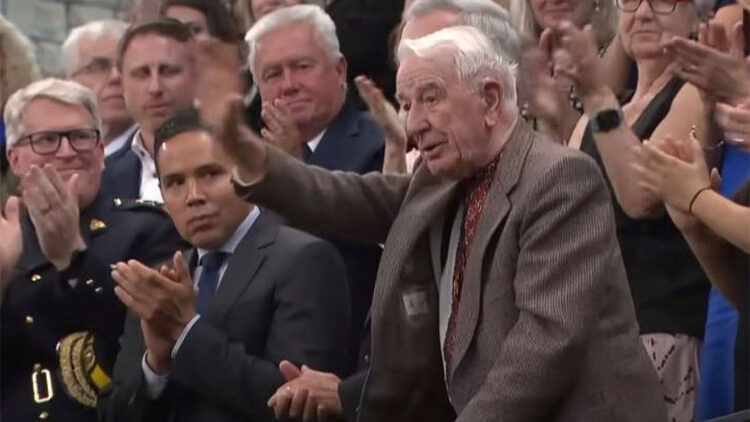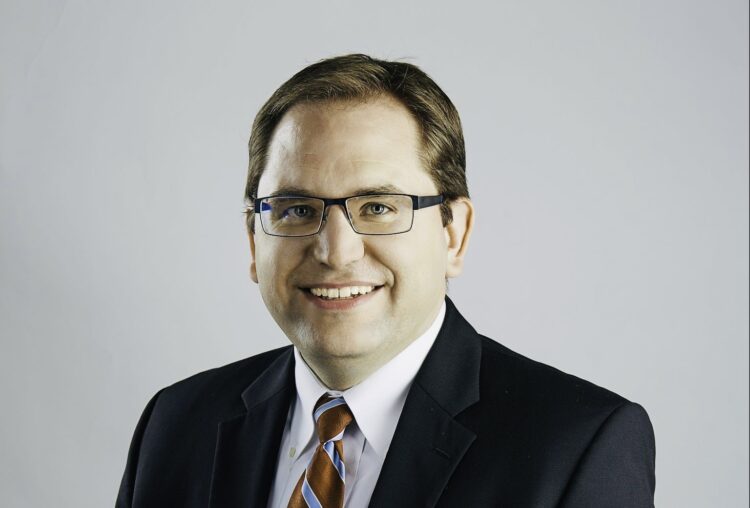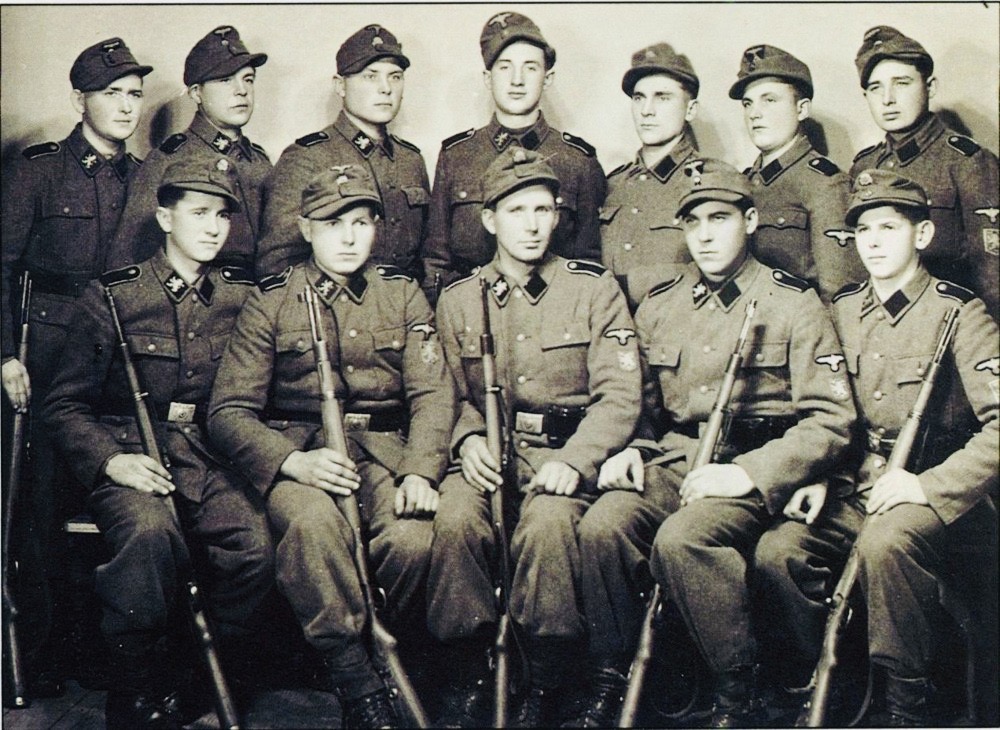The federal government of Canada faces a quandary.
Should it abide by a request from the Jewish community and release the still secret second part of Justice Jules Deschenes’ Commission of Inquiry on War Criminals in Canada?
Or should it heed the advice of the Ukrainian Canadian Congress and keep it confidential?
This extremely sensitive issue, enmeshed in the Holocaust and related to Canada’s postwar immigration policy, should be resolved sooner rather than later.
The Deschenes Commission, struck by former prime minister Brian Mulroney, was composed of two sections. The first, which included recommendations to facilitate the extradition of war criminals, was released 1986. The second, marked secret, contained the names of alleged war criminals in Canada and was never released.
Deschenes rejected the claim that many war criminals entered Canada. But his own researchers, citing a pattern of inadequate government screening in the late 1940s and 1950s, warned it would be “rash to assume that significant numbers of war criminals and Nazi collaborators did not enter Canada.”
In light of this discrepancy, Deschenes concluded that part two of his report would remain off limits.
Jewish groups, ranging from B’nai Brith and the Friends of Simon Wiesenthal Centre, urged the government to release the second part so that Canadians could learn more about Canada’s shameful history of admitting Nazi collaborators after World War II.
This issue resurfaced with a vengeance last September when Yaroslav Hunka, a 98-year-old veteran of a Ukrainian SS division in the German army, was honored in Parliament during a visit by Ukrainian President Volodymyr Zelensky, Ukraine’s first Jewish head of state.

Critics argued that a reckoning was required so that Canada could seriously address questionable postwar immigration decisions that allowed Hunka and others like him to settle here.
In the wake of the unsettling Hunka affair, Prime Minister Justin Trudeau said that “top public servants are looking very carefully into the issue.”
Library and Archives Canada, in the meantime, has conducted this investigation in accordance with the Access to Information Act and the Privacy Act.
One year on, the government is reportedly mulling the possibility of releasing the remainder of the report, which contains the names of about 900 alleged war criminals, including members of the Ukrainian SS Galicia division, who immigrated to Canada after the war.
Claiming that the release would only benefit the current Russian war effort against Ukraine, the Ukrainian Canadian Congress has announced plans to go to court to stop Ottawa from publicizing the names of alleged Nazi war criminals who settled in Canada. According to the Ottawa Citizen, the Ukrainian Canadian Congress seeks to raise $150,000 to finance the proposed legal challenge in federal court.
Ihor Michalchyshyn, the chief executive officer of the Ukrainian Canadian Congress, claims it would be “appalling” if the Canadian government, “for no good reason,” subjected “innocent Canadians, their family members and descendants to public scorn.”
When Russia invaded Ukraine in 2022, President Vladimir Putin absurdly justified the incursion as an attempt to “denazify” the pro-Western Ukrainian government. Michalchyshyn thinks that the release of the names in the report would embarrass the Ukrainian community and give Russia a needless propaganda victory.

However, in an important caveat, Michalchyshyn believes that Canada should not be a safe haven for war criminals. As he told the Ottawa Citizen, “All alleged war criminals, regardless of their ethnic, religious, racial or cultural origin … should be brought to trial in Canada under Canadian criminal law. If evidence of wartime criminality by any person found in Canada exists, that information must be communicated to the proper authorities for investigation.”
If Michalchyshyn is sincere, he should follow his own advice to ensure that war criminals, whatever their nationality, have not taken advantage of Canada’s hospitality.
Which means that the government, in the name of honesty and decency, should release the rest of the Deschenes Commission report as soon as possible.
